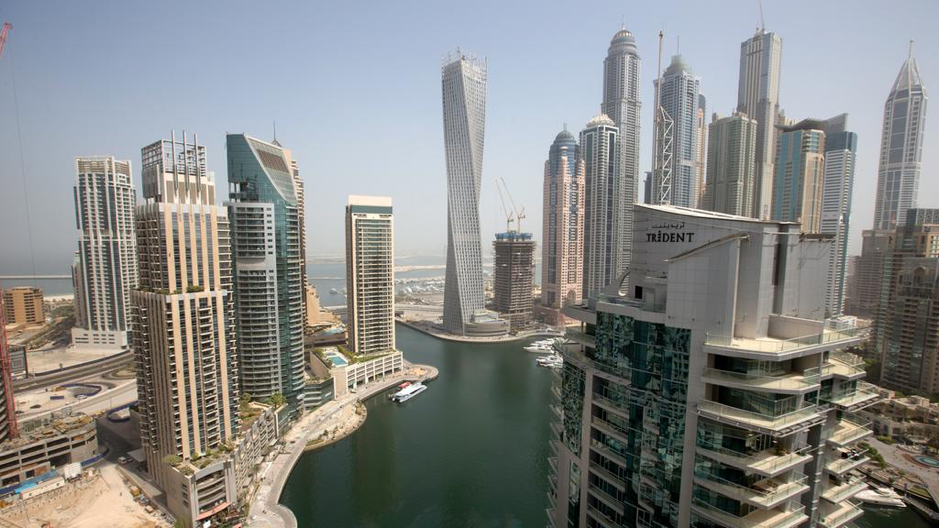Article

How the UAE can become a soft power superpower
The UAE could build the first embassy of the future to match its dynamic creativity.
I’m in London for the launch of the soft power index, a league table of how modern nations use their cultural magnetism. Italian author Daniele Vare once said that “diplomacy is the art of letting other people have your way”. Soft power is the modern equivalent, projecting national magnetism that goes far beyond military power.
Throughout history, many leaders have seen power as pure military might. The strength to conquer, intimidate and subdue, the art of survival. When you have power, you use it. When you’re strong and winning, why compromise? When you’re weak and losing, why compromise? Yet nations that will succeed in the 21st century will measure themselves by something more than the number of people they have the power to kill.
Even the most brutal empires recognised the need to balance military and non military force. Genghis Khan would have been unlikely to describe anything he did as soft. But he invented diplomatic immunity. The Romans were also weak when they forgot the importance of bread and circuses, relying on subjugation alone. Instead, Rome was at its strongest when it offered a sense of aspiration, the early version of Ronald Reagan's "shining city on a hill".
As a British ambassador, I came to understand how important an asset we had in the BBC, Adele, premiership football, James Bond. People could identify with our story though those symbols, in a way that could not be delivered through the classic diplomacy of summits and conferences.
I think soft power comes down to three key ideas.
Firstly, a nation needs to tell an aspirational, unifying story about itself. Where did we come from? What makes us unique? What do we say about ourselves to the world? It makes it easier to persuade others to share your values, because those values work for them too.
Then you need to tell that story in the right way. In the internet age, that means engagement not transmission or broadcasting. How can you catch the attention in new ways, and create a national brand that makes people lean forward?
Finally, and especially in a social media age, the national brand is most credible when carried by sportsmen, artists, or businesses, most importantly by people.
But governments themselves can and should focus the instruments directly under their control, which is why the formation of a soft power council in the UAE is such an important step forward. This gives coherence to the national story, and to the different means of telling it.
So what could the UAE do to rise even faster up the soft power league table?
It could design and build the first embassy of the future. The original embassies were not buildings but missions of people, sent out to connect, trade and influence. The embassy of the future will return to this idea, representing the dynamism and brand of a country. It will serve as a hub for dialogue, innovation, and exchange, much like the UAE itself. How about 3D printing a consulate in California, the world’s first fully digital embassy, using modern design to showcase the UAE’s global offer? And just as the UAE is one of the first countries to have a Minister for the Future, could it also have an Ambassador for the Future?
As many nations turn inwards, cities will emerge as key diplomatic actors. Like Reagan’s shining city on a hill, they will need to show they are dynamic and open. What makes a city magnetic in the 21st century? C for culture. I for innovation. T for tolerance. Y for youth. With a reputation already established for dynamic modern cities, and Ministries of Tolerance, Happiness and Youth, UAE is well placed to lead this thinking.
Finally, there is a gap in the market for a country to lead the global education effort. What greater contribution could be made to the future than to commit to getting the world’s children to school, using new technology and connectivity as the driver? Getting the next billion online – spreading opportunity. The ultimate statement of soft power aspiration and humanitarian ambition.
Next week the UK Creative Industries Federation will be meeting in London. Our keynote speaker? Noura al Kaabi, a Minister of State who is driving new thinking and creativity. The strongest possible sign that the region is an exporter of soft power innovation, and a potential soft power superpower of the digital age.

